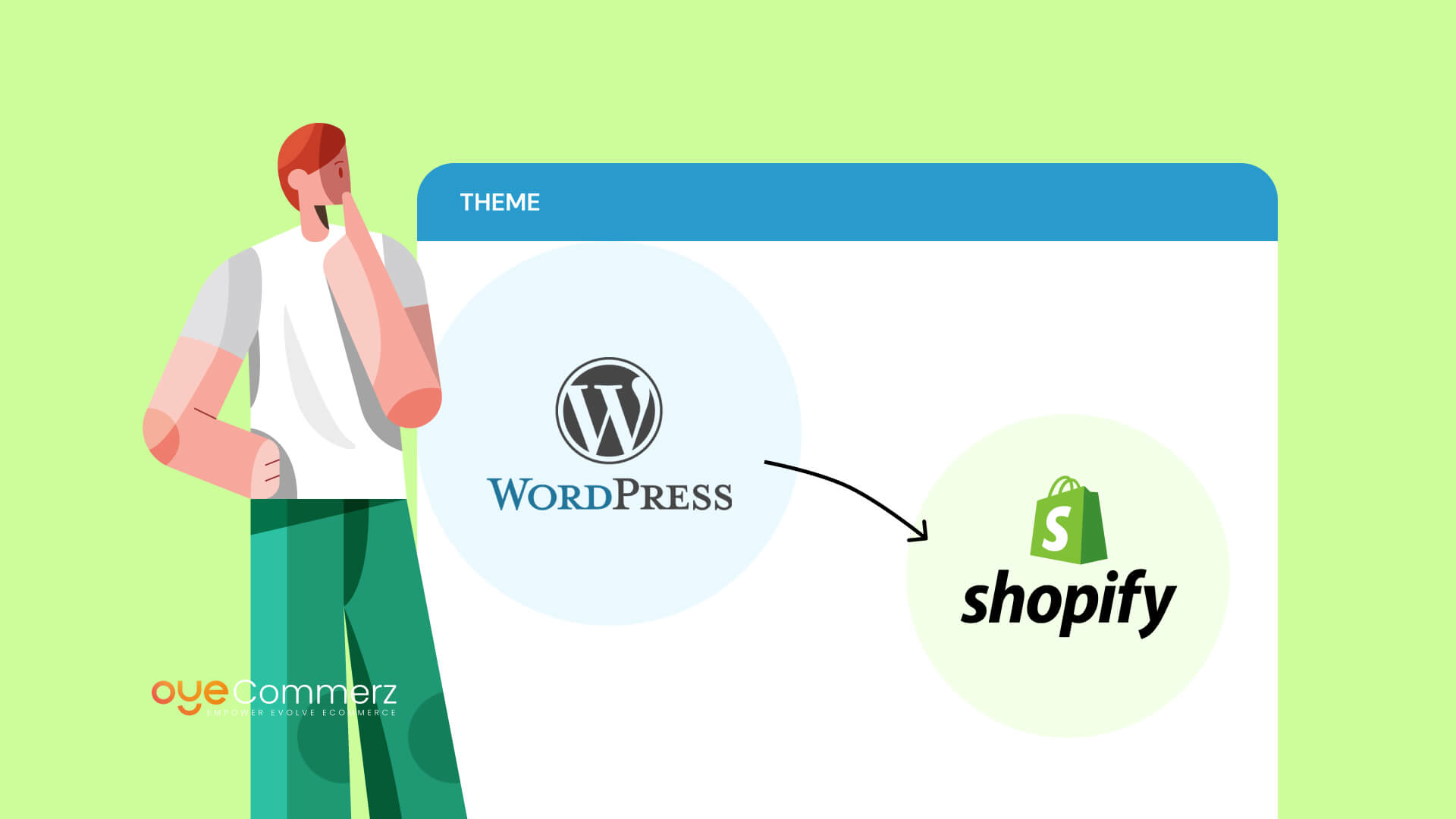In the dynamic sphere of eCommerce, choosing the right platform is crucial for your business's success. If you’re currently using WP and planning a migration to an alternative, you’re not by yourself. Numerous businesses are shifting to take advantage of Shopify’s robust features, simplicity, and growth potential. This guide will guide you on the steps of migrating from WordPress to Shopify seamlessly, ensuring that you achieve your online retail potential.
Why Transition from WordPress to this platform?
Ahead of starting the migration procedure, it’s essential to realize why this transition can be advantageous for your eCommerce business:
Intuitive Design: Shopify provides an intuitive system that makes easier store operations, making it easier for non-technical users.
Flexibility: As your brand expands, Shopify can accommodate higher visitors and sales without sacrificing efficiency.
Built-in Tools: Shopify comes with pre-installed resources for search engine optimization, analytics, payment processing, and additional functionalities, eliminating the necessity for multiple plugins.
Advanced Safeguards: With Shopify, you get access to robust security features that safeguard sensitive customer information.
Steps for a Seamless Migration
Migrating your eCommerce site from WordPress to Shopify includes multiple steps.
Here’s steps to ensure a hassle-free transition:
Outline Your Migration Plan
Start by drafting your migration plan. Decide on which elements of your existing site you plan to migrate, such as:
Product data
Client data
Order history
Posts
Select the Best Migration Option
Considering your requirements, choose a migration plan that aligns with your store. OyeCommerz provides multiple choices:
Basic Migration Package: Perfect for boutique stores with fewer products.
Regular Option: Appropriate for mid-range businesses with more complex needs.
Premium Migration Package: Excellent for high-volume stores requiring custom customization.
Backup Your Information
Ahead of initiating the migration, make sure that you have a complete copy of your WP site. This step Shopify migration cost overview is essential in situations where anything goes wrong during the move.
Extract Your Data from WP
Utilize tools or alternative solutions to export critical content from your WP site:
Products
Clients
Sales records
Blog posts
Import Content into Shopify
When you have your data exported, employ Shopify’s migration apps or specialized apps to upload your content into your Shopify store. Confirm that all data is correctly organized and placed.
Adapt Your Shopify Store
Following migrating content, adjust your Shopify store’s theme to match with your business goals. Think about engaging a specialist if you want detailed customization.
Set Up Payment Gateways and Logistics
Set up billing solutions and delivery choices in Shopify to ensure a seamless checkout experience for customers.
Implement SEO Standards
To keep your online visibility during the change:
Use 301 link updates from old URLs to new ones.
Update meta tags.
Optimize images and content for search engines.
Test Your New Store
Before going live, thoroughly check your Shopify platform. Look out for any errors, transaction errors, or untransferred content.
Publish Your Site
Once everything is in order, it’s time to go live! Announce the change to your customers and invite them to explore the enhanced capabilities of your Shopify store.
Post-Migration Guidance
Post releasing your updated store, ongoing assistance is essential. Think about engaging service providers who can help with:
Technical support
Marketing strategies
Performance optimization
Conclusion
Migrating from WordPress to Shopify can be a transformative decision for your online retail. By using this guide and utilizing Shopify blog design tips professional services like those offered by dedicated providers, you can ensure a seamless transition that enhances your online presence. Accept the shift and realize the full capabilities of Shopify today!
